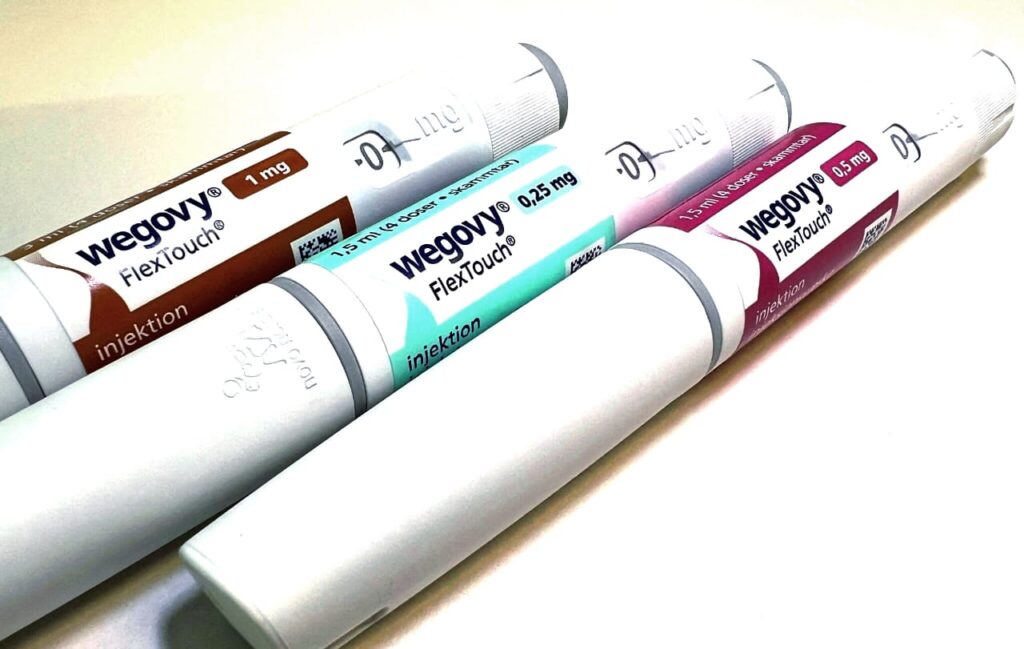Eli Lilly revealed that its obesity drug Zepbound achieved remarkable success in a direct comparison against Novo Nordisk’s Wegovy. Patients treated with Zepbound experienced 47% greater weight loss than those using Wegovy, according to data from the first large-scale head-to-head trial of these two in-demand medications.

The trial involved 751 participants who were either obese or overweight and also had related health conditions such as obstructive sleep apnea or heart disease. None of the participants had diabetes. Over the course of 72 weeks, patients taking Zepbound lost an average of 20% of their body weight, compared to a 14% weight loss for those on Wegovy.
This trial marks the first instance where both drugs were tested under identical conditions, solidifying Zepbound’s superior weight loss efficacy. While the results have not yet been peer-reviewed, Eli Lilly has stated that the full findings will be published in a peer-reviewed medical journal next year and presented at a medical conference.
Previous clinical trials that led to the approval of these drugs in the U.S. highlighted similar trends. Zepbound demonstrated more than a 22% reduction in body weight over 72 weeks, whereas Wegovy achieved a 15% weight loss over 68 weeks. Despite these differences, doctors had often prescribed whichever medication was readily available, given frequent supply shortages for both drugs.
Gastrointestinal side effects, such as nausea and diarrhea, were the most common for both Zepbound and Wegovy, but these symptoms were generally mild to moderate in severity. Eli Lilly emphasized that the safety profiles of both drugs remained consistent with previous studies.
The implications of these findings could be significant for patients, insurers, and health authorities. In the United States, the results may encourage insurers to provide preferential coverage for Zepbound over Wegovy. This trend is mirrored internationally, as cost-conscious health systems in Europe and the U.K. have also considered prioritizing Zepbound.
The Biden administration has already made plans to expand access to these medications. Starting in 2026, Medicare and Medicaid will cover both Zepbound and Wegovy, signaling the growing recognition of obesity as a critical health concern.
Zepbound’s impressive performance also aligns with findings from a study published earlier this year in JAMA Internal Medicine. That research analyzed health records and demonstrated that Zepbound led to faster and more substantial weight loss compared to Wegovy.
Eli Lilly and Novo Nordisk remain locked in a competitive race to expand the applications of their respective drugs beyond weight loss. Wegovy, for example, was approved in March as a treatment for heart disease in the United States. Zepbound, on the other hand, is expected to gain approval for treating obstructive sleep apnea, broadening its potential impact on patient health.
Both medications are also marketed under alternative brand names for the treatment of type 2 diabetes. Wegovy is sold as Ozempic, while Zepbound is marketed as Mounjaro. These dual uses highlight the versatility of the underlying medications, further increasing their appeal to insurers and healthcare providers.
This head-to-head trial adds another chapter to the rivalry between Eli Lilly and Novo Nordisk. Both companies have been vying for dominance in the growing market for weight loss drugs, a field that has seen unprecedented demand as patients and providers seek effective solutions for obesity-related health issues.
As this space continues to evolve, results like these will likely shape future prescribing patterns and health policy decisions.
